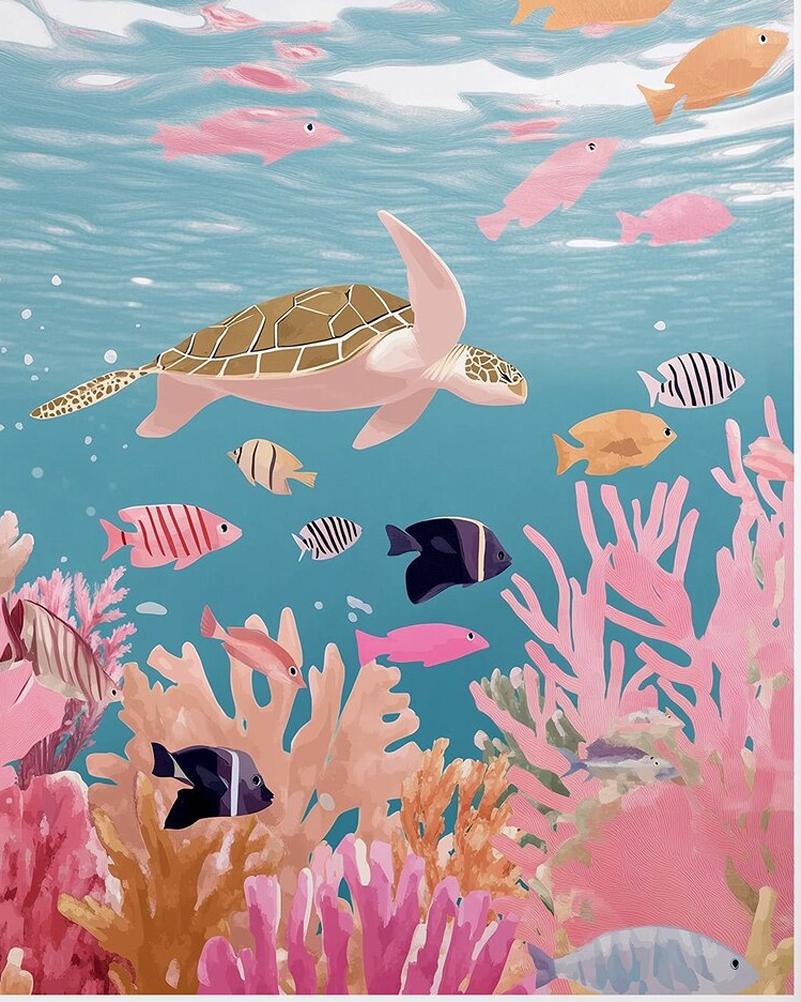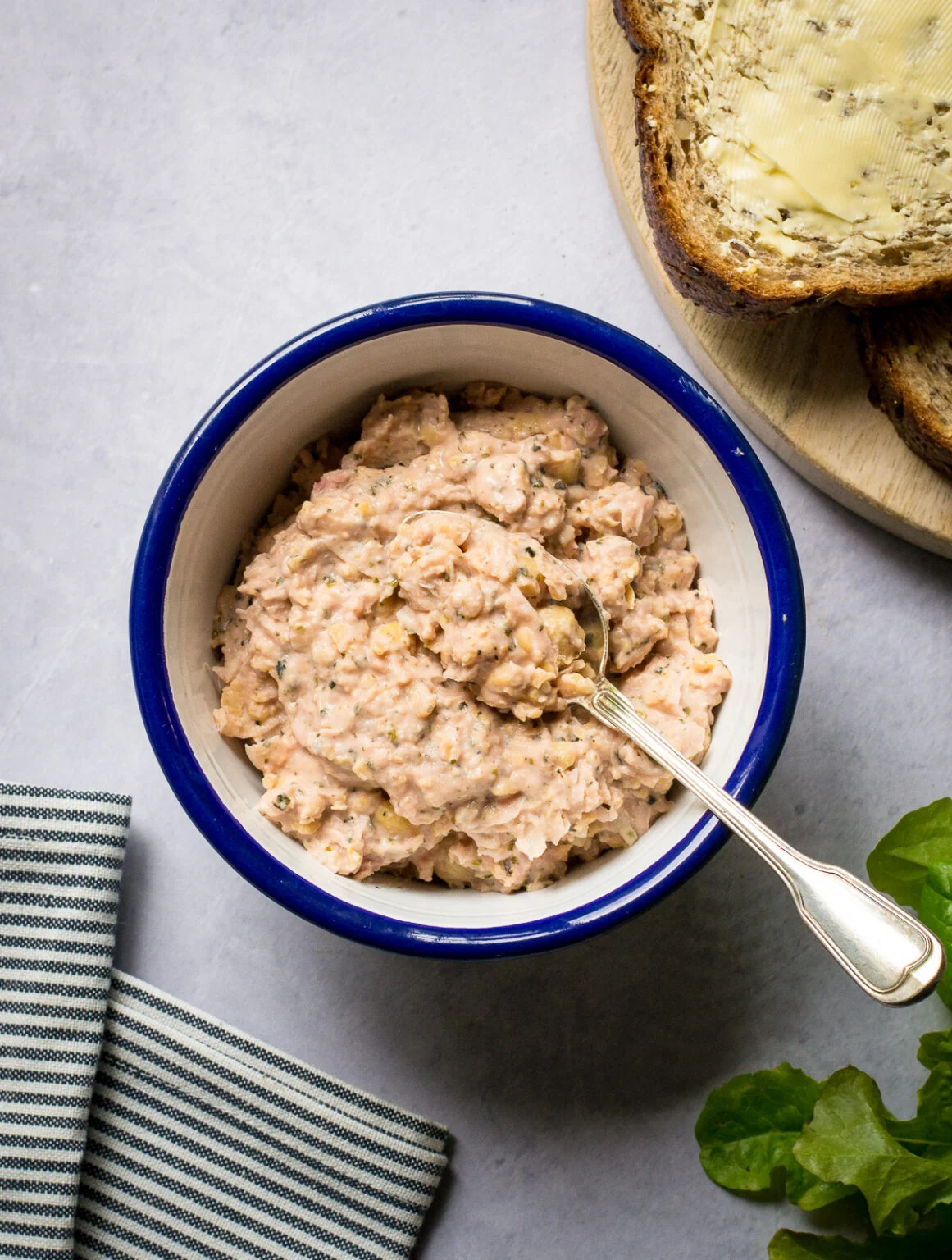Fiji: Environmental Lessons from Tropical Islands

Fiji is home to around 333 islands, known as the home of many coral reefs. It only gained independence from British colonial rule in 1970, and since then has created many environmental initiatives, in one of the world’s most beautiful tropical places.
The island has a gruesome history of cannibals, up till 100 years or so ago. One victim was British missionary Thomas Baker, who travelled to the South Pacific in the 1800s, but was killed (along with seven local followers) and eaten – the remains of his shoe soles are displayed in a museum.
Apparently, this was because he innocently touched the chief’s head, not realising this was not custom. Even today, Fiji has strong tribal customs. If visiting a village, only the headman wears a hat. Visitors should therefore not wear one (and also dress modestly and remove sunglasses).
Today, Fiji is just as strict at managing tourists. It promotes eco-tourism, and does not allow locals to damage mangroves. And has strict laws on fishing, as most of its over-fishing comes from outside tourists and ships, not local people just fishing for their supper.
Like Fiji, we should treasure our seas and native creatures within it. We could create ocean sanctuaries (there is only one at present in Scotland, which took years of campaigning to get passed). This is where nothing is disturbed or caught, it’s kind of a like a ‘Switzerland’ for fish and marine creatures!
If we can leave creatures alone and participate in volunteer beach cleans (to clear plastic, litter and oil), then our native marine creatures, fish and coastal birds have a chance of survival.
Controversy Over Imported Bottled Water from Fiji
One huge controversy is the import to UK and other countries of bottled water from Fiji. Despite being surrounded by oceans, fresh drinking water is scarce, and locals rely on surface water, and leaky infrastructure to stay hydrated.
Yet bottled water imported from these islands is sold at an astronomical price in swanky restaurants, which also of course means importing bottles thousands of miles away. It’s even sold by ‘more ethical’ supermarkets Waitrose and Ocado – what are they thinking?
Its website advertises water imported over 10,000 miles as water from ‘tropical rain that slowly filters through volcanic rock into an ancient underground aquifer. There’s nothing on Earth quite like it’.
Tesco (which charges around 80p a bottle) calls bottled water from Fiji ‘far from pollution, acid rain and industrial waste, taste paradise – clean water when you unscrew the cap’. Far better instead to just ‘turn on the tap’ and get a 330ml glass of perfectly-safe treated water for around 3p a litre.
In 2025, The Plastic Pollution Coalition filed a lawsuit against one company marketing its Fiji water as ‘natural’, as tests found it contained microplastics and BPA (a plastic linked with health concerns in food).






